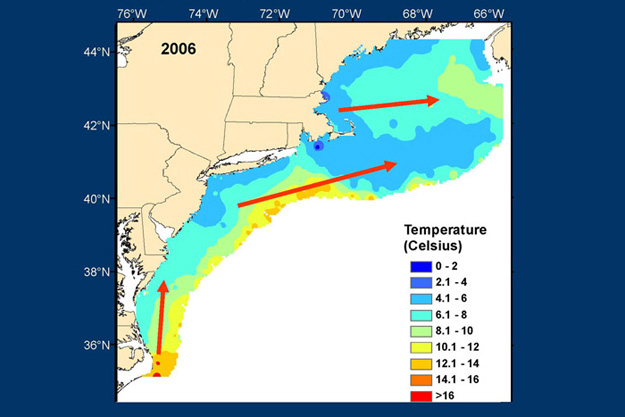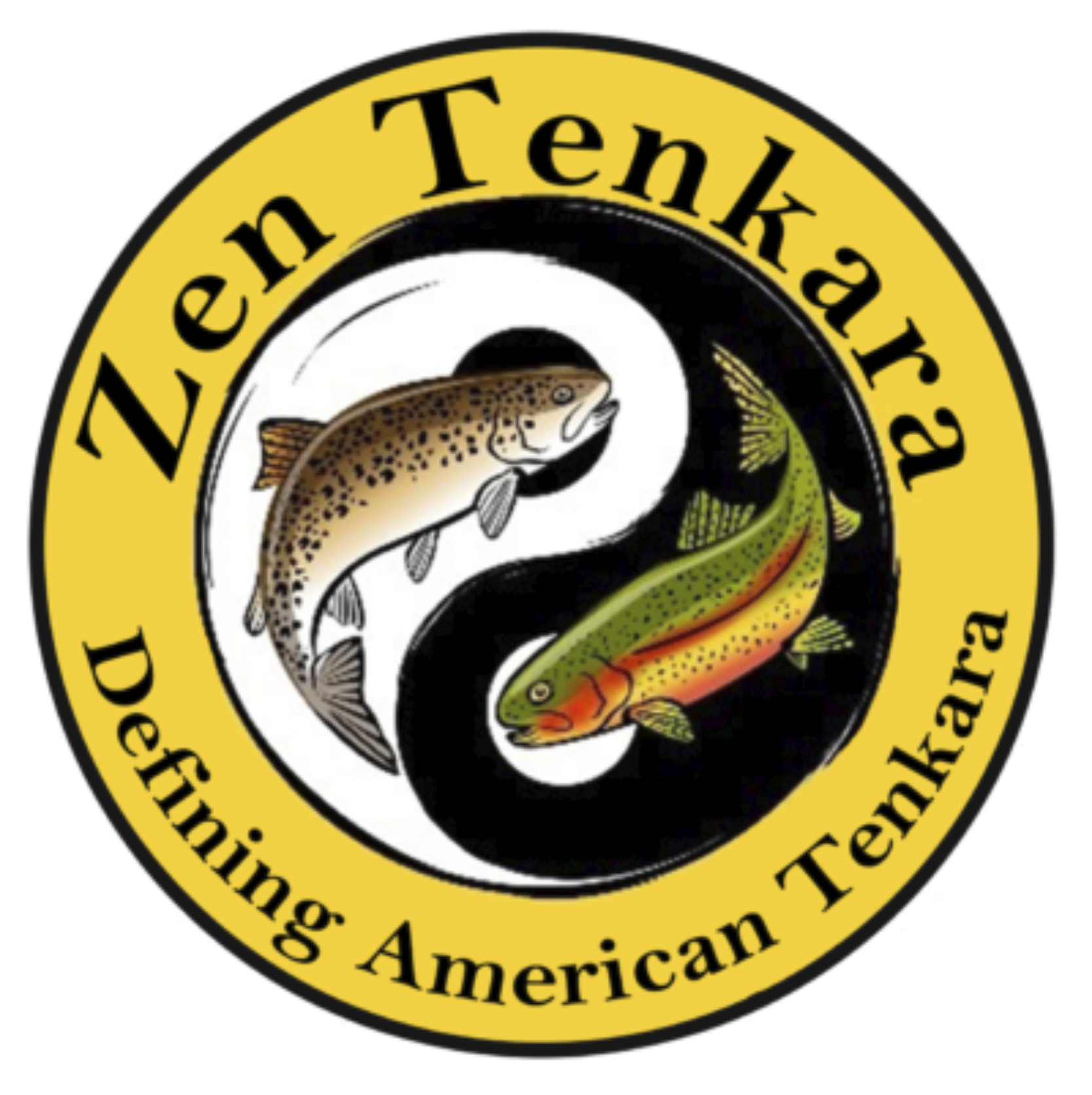Excerpt: Michelle Ma / UW News / September 2017
[dropcap]R[/dropcap]esearchers compiled data from lab experiments involving nearly 500 fish species, conducted over the past 80 years by researchers around the world. These standardized experiments measure the highest temperatures fish are able to tolerate before they die. This analysis is the first time these disparate data from lab experiments have been combined and translated to predict how fish will respond in the wild.
The researchers found that overall, sensitivity to temperature changes varied greatly between ocean-dwelling and freshwater fish. In general, marine fish in the tropics and freshwater fish in higher latitudes of the Northern Hemisphere were the most at risk when water temperatures warmed, the analysis showed.
HOW MUCH HOTTER IT’S LIKELY TO BE WHERE YOU LIVE IF WE STAY WITH THE POLITICS OF DENYING SCIENCE
“Nowhere on Earth are fish spared from having to cope with climate change,” said senior author Julian Olden, a UW professor of aquatic and fishery sciences. “Fish have unique challenges – they either have to make rapid movements to track their temperature requirements, or they will be forced to adapt quickly.”
Fish will either migrate, adapt or die off as temperatures continue to warm, the researchers explained. Given past evolutionary rates of critical thermal limits, it’s unlikely that fish will be able to keep up with the rate at which temperatures are increasing, Olden said. The ability to move, then, is imperative for fish that live in the most critical areas identified in this analysis.
Currently, dams and other infrastructure may block fish from getting where they might need to be in the future; fish ladders and other means to allow fish to circumvent these barriers could be more readily used, although the effectiveness of these structures is highly variable. Additionally, actions to restore vegetation along the edges of streams and lakes can help shade and reduce water temperature for the benefit of fish.
Sources: the University of Washington, Conservation Hawks, NOAA (several climate change studies and projects), Orvis, Fly Fishing Film Tour.
COVERGENCE, The film
[vimeo id=”216552922″ width=”620″ height=”360″]







